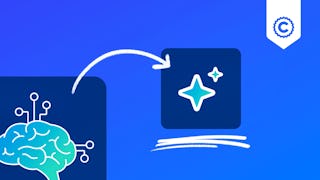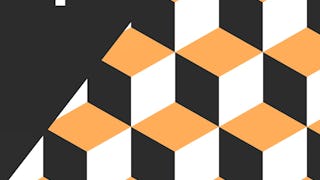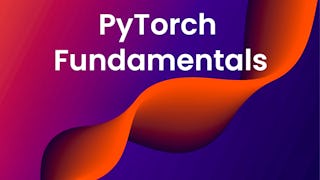This course features Coursera Coach!
A smarter way to learn with interactive, real-time conversations that help you test your knowledge, challenge assumptions, and deepen your understanding as you progress through the course. This hands-on course will immerse you in the world of deep learning and computer vision using PyTorch. You'll gain a solid understanding of how PyTorch works, with a focus on creating deep neural networks, performing convolution operations, and working with various datasets such as CIFAR10. By the end of the course, you'll be proficient in building and training computer vision models, leveraging the power of CNNs and the LeNet architecture. You'll also explore advanced topics like CUDA, GPU acceleration, and AutoGrad. Throughout the course, you'll start with the basics of PyTorch, including tensor creation, manipulation, and the integration of NumPy arrays. You'll also work on practical implementations, such as building your first neural network and creating deep neural networks. The course's journey will guide you through CNNs and their application in image classification, where you'll use PyTorch to construct deep learning models that can learn from large image datasets. The course is designed for anyone interested in starting a career in deep learning or computer vision. It’s ideal for beginners who want to learn the foundational aspects of PyTorch and neural networks. No prior deep learning knowledge is required, but a basic understanding of Python will be beneficial. With a mix of theory and practical exercises, the course is suitable for those who want to enhance their skills in deep learning and computer vision.















